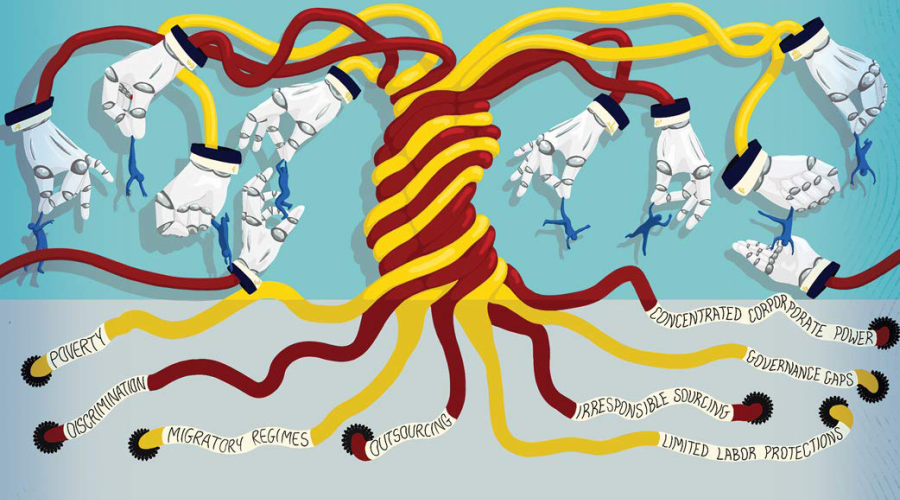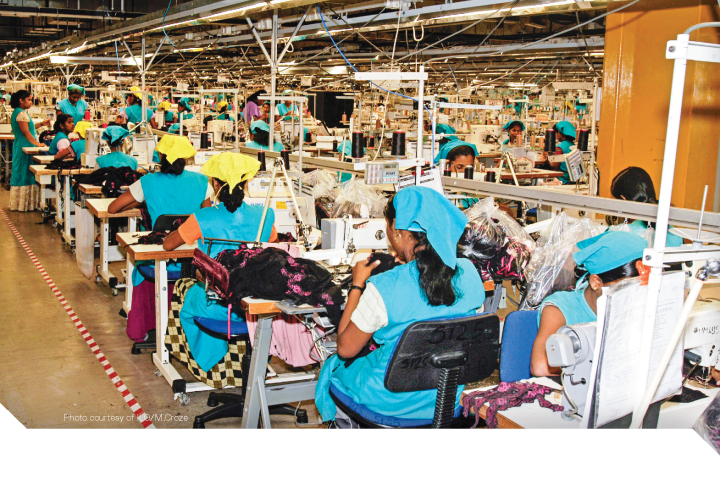
Book "Private Regulation and Labor Standards in Global Supply Chains" Published
Private Regulation of Labor Standards in Global Supply Chains uses institutional theory to diagnose problems in private regulation and to outline pathways to improve the practice of private regulation in respect of labor standards in global supply chains. The basic argument is that there is a significant decoupling between policies and private regulation practices of global buyers, as well as a decoupling between practices and outcomes. The author supports the argument using a large variety of quantitative data and qualitative studies from global buyers, multi-stakeholder institutions, and auditing firms to demonstrate the existence of this decoupling. The quantitative data on violations from audits in 12 industries and 12 countries over a 7 year period is used to show that progress on private regulation, has not been that significant, in terms of its impact on labor conditions, wages, and freedom of association. Violations in case of some labor standards are showing an increasing, rather than decreasing trend, and global companies are far away from meeting their promises to pay living wages in their supply chains. Freedom of Association continues to be a labor right where there is little if no progress. With regard to prospects, the author investigates the potential for changes in corporate governance to strengthen private regulation through a study of B-corporations, and includes a detailed qualitative account of a global retailer’s efforts to link purchasing practices with labor compliance that has valuable lessons for other global firms. The book ends with a chapter that outlines the needed changes in roles of many different actors in the eco-system, if private regulation is to have a positive impact on workers lives in the global supply chain. But not only must actors change, the field of private regulation needs to move towards more data driven decision-making, making use of years of existing data on suppliers and audits that can drive the identification of best practices.
View the Table of Contents here.
Author Sarosh Kuruvilla is the NCP Academic Director and the Andrew J. Nathanson Family Professor of Industrial Relations, Asian Studies, and Public Affairs at Cornell University. He is coeditor of From Iron Rice to Informalization.
Reviews:
"Drawing on a rich array of novel data, Sarosh Kuruvilla presents a comprehensive analysis of the limitations of private labor governance in garment supply chains. This excellent book will be invaluable for scholars, students, and practitioners of corprate social responsibility and industrial relations in global supply chains." - Sarah Ashwin, London School of Economics, author of Adapting to Russia's New Labour Market
"Private Regulation of Labor Standards in Global Supply Chains fills an important gap in the debate on human rights in supply chains. It adds a significant amount of data analysis to a field that makes major policy and investment decisions based on a shockingly thin evidence base." - Martin Curley, Katalyst Initiative


